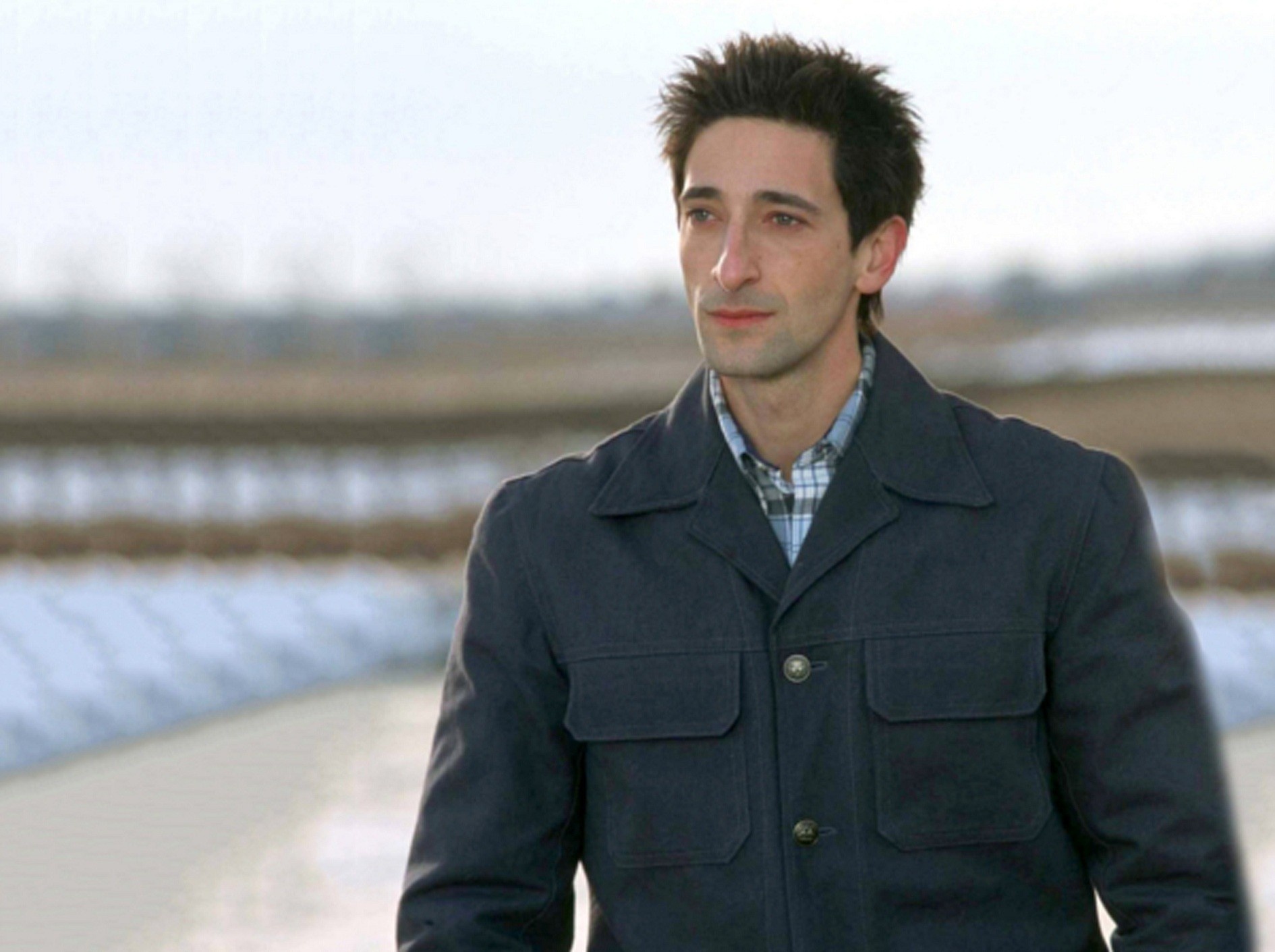Everyone has an ideal self in their heart. Maybe it’s beauty, wealth, kindness, cuteness, independence, freedom, gratitude, etc. But as adults, have we ever thought about whether we are what we want now? If not, how much worse is it? With this question in mind, let’s watch the movie “Heidi” and maybe we will have more feelings and thoughts. Today’s article will talk about how parents should raise their children from the perspective of psychology and caregivers.
The Formation of an Individualized Self Is the Key to a Child’s Growth
Children before the age of three are like “chicks”. After the age of three, children with individualized selves are like “little eagles”. They not only need to break out of the shell of maternal love but also enter the family harbor and interact with their parents. Hone yourself in the complex relationships formed, and then enter society and approach the infinite world.
The process of individualized self-formation after the age of three is crucial to a child’s growth because it is a critical period for the formation of children’s self-confidence, independence, and other traits.
Although Heidi in the film was raised by her aunt, and the film does not introduce much about her previous upbringing, we can see her confidence and sunshine, which shows that her living environment was good 8 years ago, and she not only received the basic satisfaction (the pastor has checked Heidi’s physical condition and said she is strong and healthy), and also allows her to experience “my needs are good” and “I am good” (being able to live in a family that is not wealthy) finding her joy in life), which is the basis of her cohesive self.
The cohesive self is a concept proposed by American psychologist Kohut. It refers to a person’s self that has a centripetal force that can ensure that the various components of the mind converge inward to form a whole.
In other words, if a person forms a cohesive self, he will not care too much about the evaluation of the outside world. No matter what the external environment is, he will feel that “I am good.” This is a healthy sense of narcissism and an important reason why Heidi is so lovable.
Respecting Children’s Feelings and Needs Is the Best Education for Children
In the process of children initially forming their selves, what caregivers have to do is to provide them with a good living environment so that the children can develop better.
Just like Heidi in the film, in addition to her grandfather who ensured three meals a day and allowed her to go to school, the person who provided her with an “incubation environment” was also an important person, that is Clara’s grandmother.
Clara’s grandmother played an important role in Heidi’s starting to learn because she knew how to start from the child’s needs and then guided Heidi to take the initiative to learn.
While accompanying Clara to study, Heidi learned from her good friend Pete that “learning knowledge is useless”, so she was very resistant to learning. Later, her grandmother learned about the specific situation and used the method of “telling stories to find the ending by yourself” to satisfy Heidi. Heidi’s thirst for knowledge further strengthened Heidi’s desire to learn; later, Heidi was ridiculed by her classmates for her idea of “I want to write stories” and lost motivation for learning. At this time, her grandmother said “If something in life makes you want to If you are happy, then just do it.” These words of encouragement once again inspired Heidi not to give up on her dreams, and the reason why this approach was effective was because Grandma always respected Heidi’s feelings and needs.
Here, as adults, we need to reflect on whether we respect our feelings and needs, or whether we have worked hard for our dreams. If the answer is yes, then we become what we want to be.
As parents, we also need to reflect on whether our love for our children has taken into account the children’s feelings and needs. Is it imposed by us in the name of “for your good”? If the answer is yes, then such love is not real love.
Respect Your Child’s Boundaries and Let Your Child’s Emotions Flow Freely
Parents (caregivers) should respect their children’s boundaries and not force their children or ignore their children’s needs, otherwise, somatization symptoms will occur.
- Somatization is the most common self-defense mechanism in the psychoanalysis industry. It means that when a certain emotion cannot flow at the psychological level and cannot be expressed through words, it may be expressed in physical symptoms.
For example, when it comes to eating, if parents force their children, and the children have a series of emotional experiences such as anger and shame but are still not perceived by the parents, it will turn into digestive system diseases, such as gastrointestinal problems.
There are such symptoms of somatization in the film:
- First, Heidi suffered from sleepwalking symptoms due to homesickness. When Heidi was deceived by her aunt into living in a wealthy family, she kept missing her grandfather. She even went to the highest tower in the area to view the mountains to express her homesickness, but she couldn’t see the mountains there. Because I couldn’t go home, I couldn’t express my homesickness, which turned into symptoms such as chest pain and sleepwalking. When the doctors learned about her condition and Clara’s father allowed Heidi to go home, Heidi’s symptoms disappeared.
- Secondly, Clara became unable to stand due to the loneliness caused by the loss of her mother. After Clara’s mother passed away, she lacked the company of her relatives and felt lonely inside. This lonely emotion could not be expressed, and she became unable to stand. Because her father was very busy and was often away from home, her grandmother only came to see her occasionally, and the housekeeper and servants at home were not people she was close to, so this feeling of loneliness always existed. Until Heidi appeared, Clara’s heart had vitality, which is why she was able to stand up after visiting Heidi in the Alps.
It can be seen that only when the emotions in a person’s heart flow can he live the vitality of life.
To Love the Child the Way He Wants Is the True Love for the Child
As explained above from the perspective of a caregiver, in the process of the formation of a child’s self after the age of three, parents need to respect their child’s feelings and needs and love in the way the child wants. This is true love for the child.
In the film, Heidi is enjoying a happy life in the mountains with her grandfather and is coaxed and sent to a wealthy family in Frankfurt by her aunt. Although the food and housing there are good, it is not the life Heidi wants. In particular, the various rules and etiquette put forward by the housekeeper made Heidi feel even more uncomfortable.
In the eyes of Aunt, Peter, the housekeeper, and others, the living environment here is what many people yearn for, and they don’t understand why Heidi doesn’t like it. Because what they think is good is not what Heidi thinks is good; the love they think is not the love Heidi needs.
When one person does not live according to another person’s needs, it is not true love.
Some people may have questions, especially parents. They think, what if we love our children the way they want, respect their feelings and needs, and become indulgent?
For example, if children just want to play games and don’t study, if you respect them, wouldn’t you be harming them?
Such questions actually involve the question of “how to grasp the degree of love and doting.”
First of all, we have to admit that many parents cannot grasp this degree, but parents need to have the idea that their children’s “self” is trustworthy.
- In other words, if slightly older children, such as junior high school students and high school students, have a certain degree of self-control, parents can trust them in some matters; if they still do not have self-control, it means that parents did not do a good job when their children were young.
- At this time, parents need to reflect on the problems in their children’s education, make changes first, and then change their children.
Secondly, for children, parents should not only respect their boundaries when educating them but also set boundaries for their children.
- Just like Heidi in the movie secretly took Clara to the tower to see the mountains. When she came back, she was criticized by the housekeeper. Not only did she not let her have dinner, but she also made her think about her faults. This kind of punishment is right because the child When children are young, telling them what they can and cannot do is setting limits.
Thirdly, parents need to provide a supportive environment for their children when they are young.
- Holding is a term proposed by the psychoanalyst Winnicott. It means that good parents will provide a holding environment, give recognition when their children perform well, and provide support when their children encounter setbacks.
- Clara’s grandma did a particularly good job in this regard. When Heidi encountered difficulties in learning, she gave her support and encouragement; when Heidi did well in studying, she gave her affirmation and recognition, which is very important for a child’s self-confidence.




